In order to comply with the requirements for accreditation, most learning programmes developed by Skills Development Solutions use a blended learning approach.
This means that we focus instructional design on three components required to become competent in a task, namely: Knowledge, Skill and Experience.
Development of Knowledge Components
The knowledge component covers the concepts, theories, and principles that learners must understand in order to perform the tasks identified in the occupational competency profile and/or the curriculum outcomes and assessment criteria. The modes of learning of these knowledge components include learning/facilitator guides for facilitator led training, or eLearning courses.
All course materials - regardless of mode - are written at the appropriate level, graphic rich, well-illustrated and where possible, animated and gamified. For eLearning courses we can incorporate existing videos or create new videos and animations.
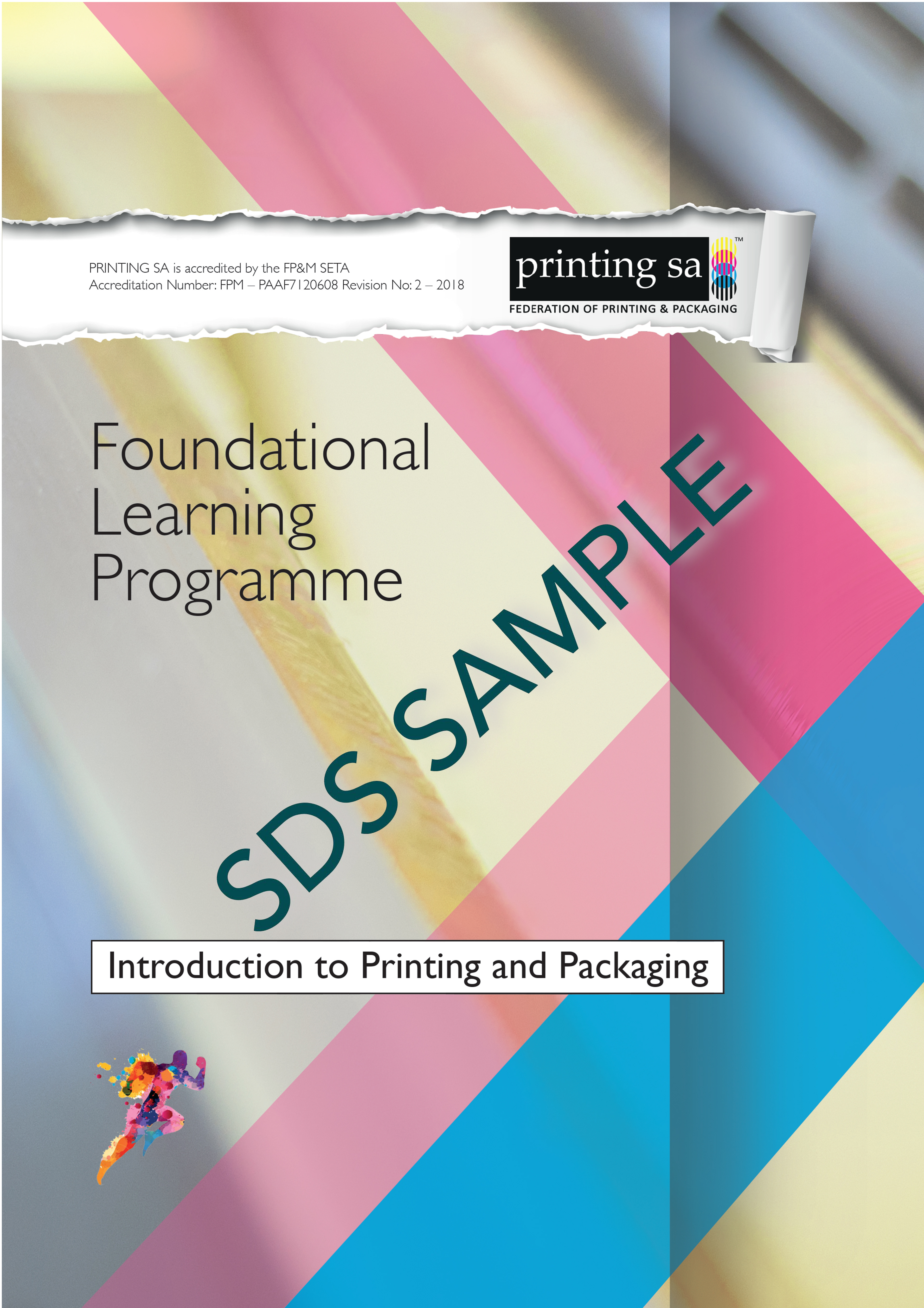
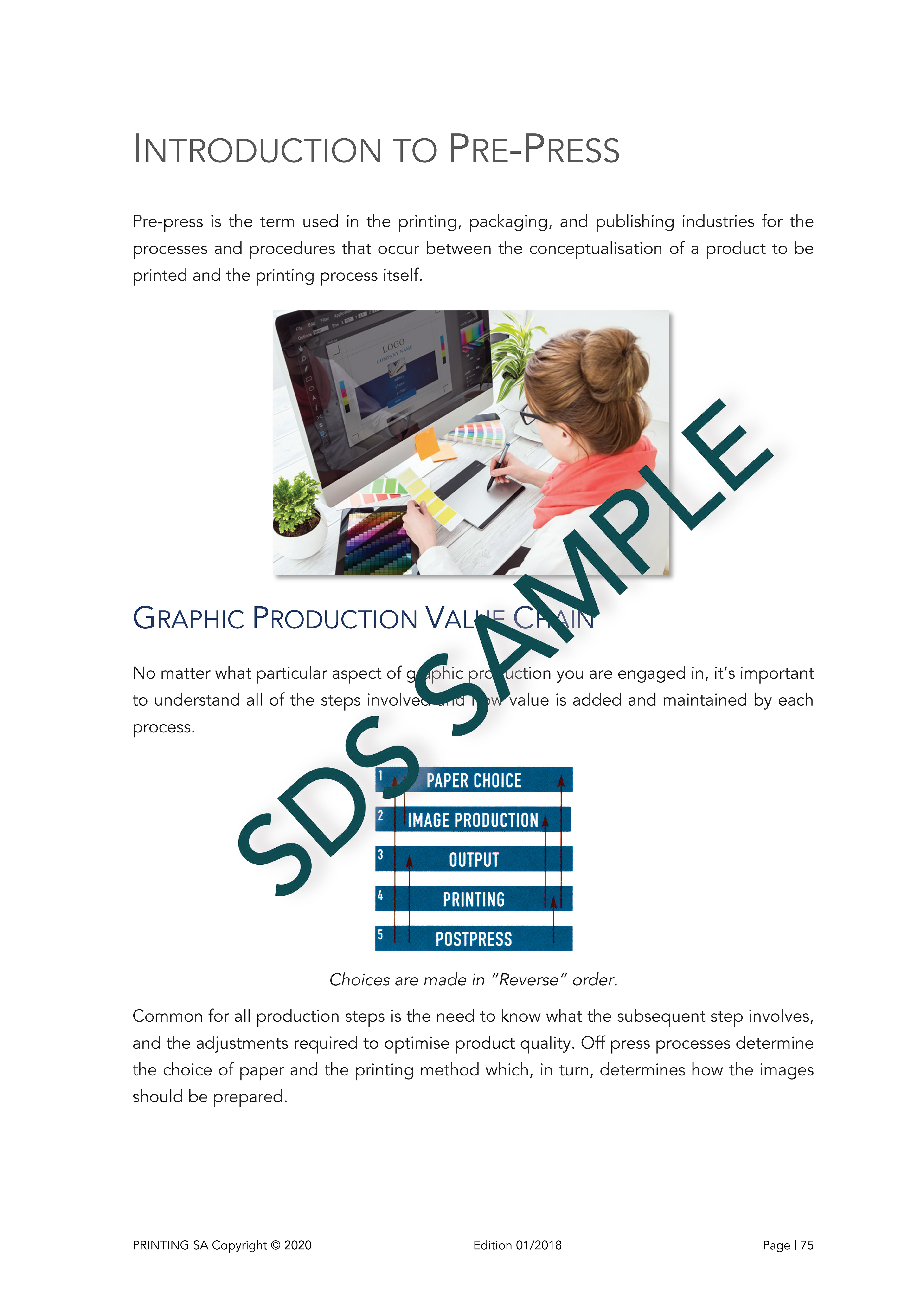
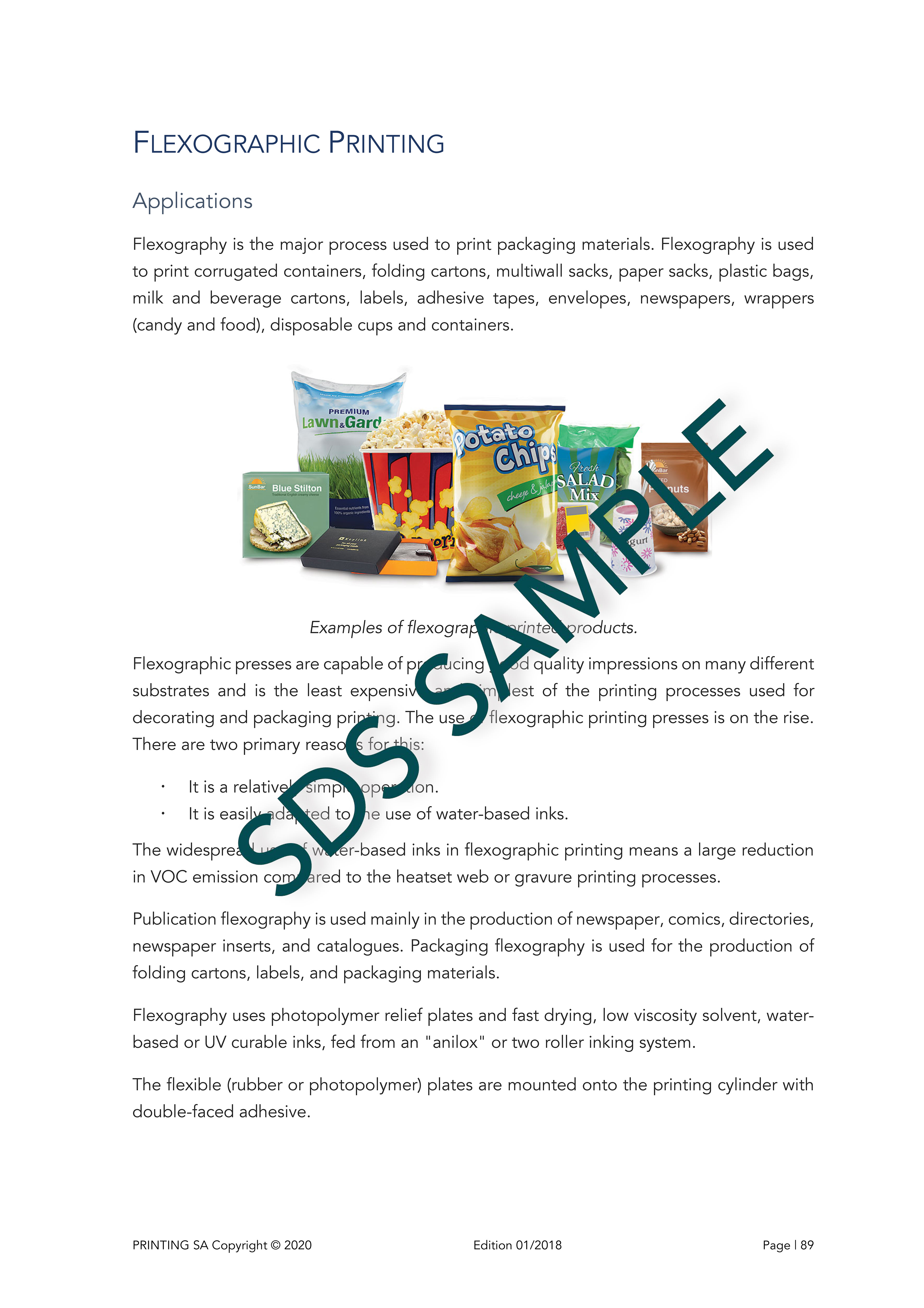
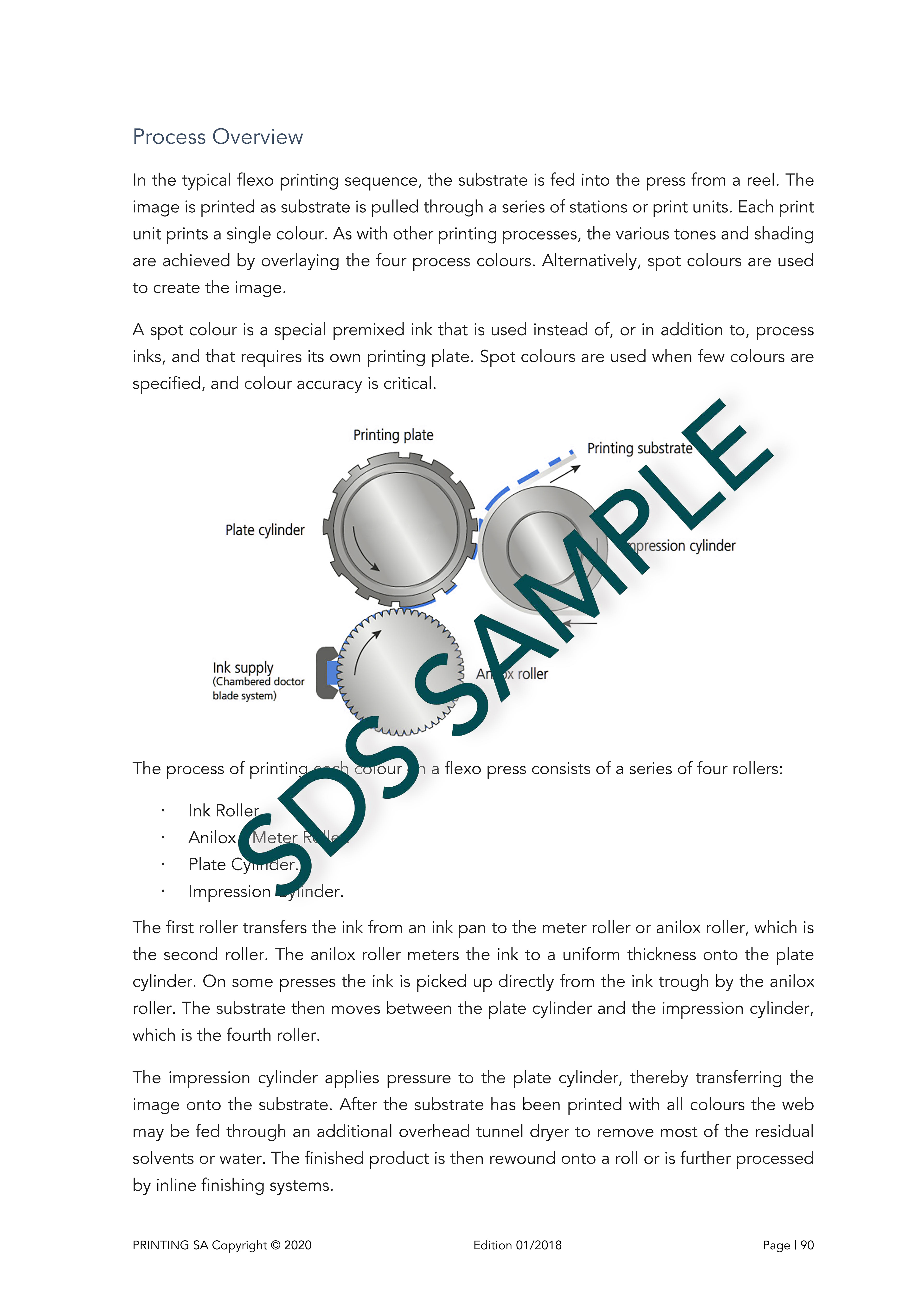
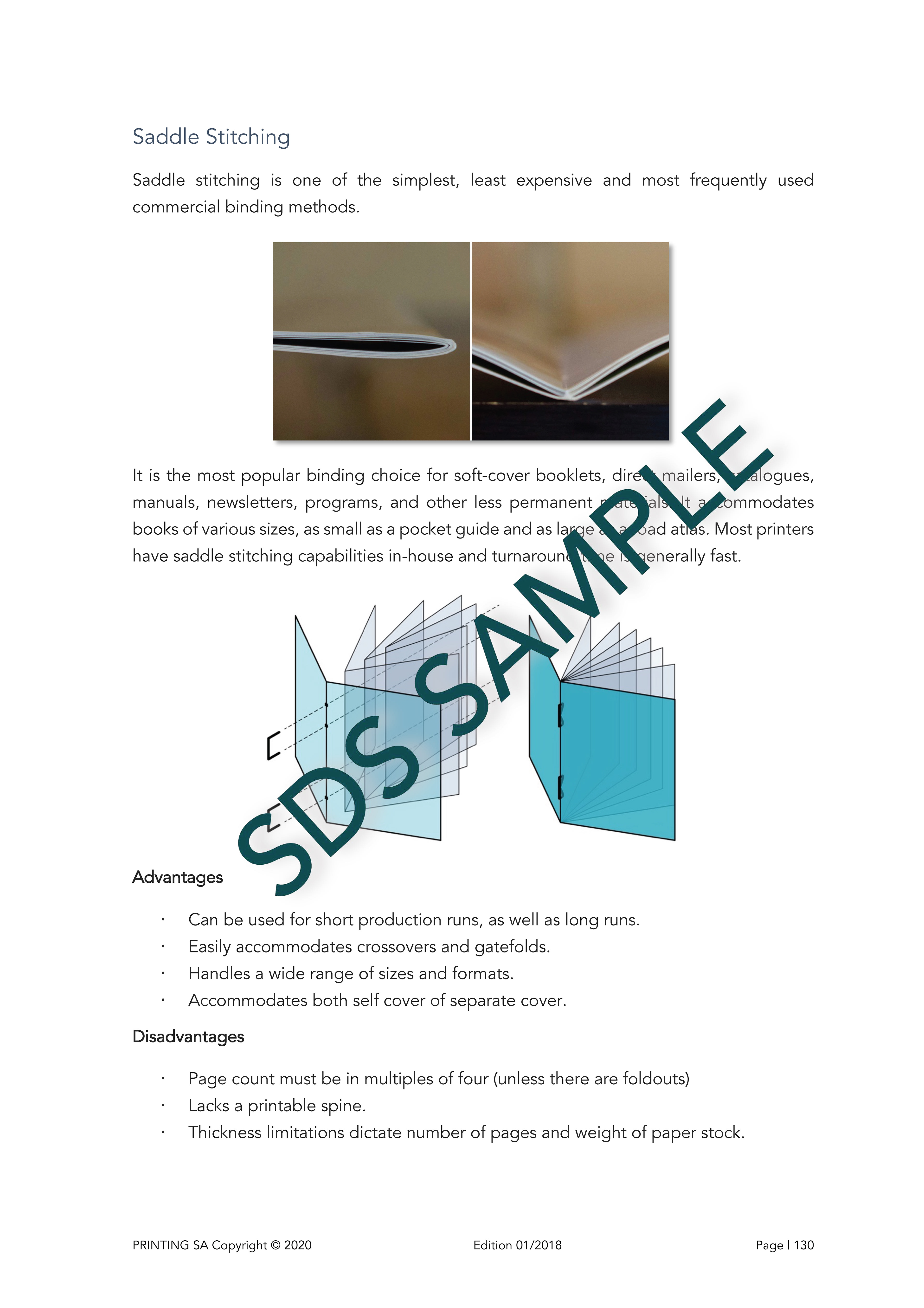
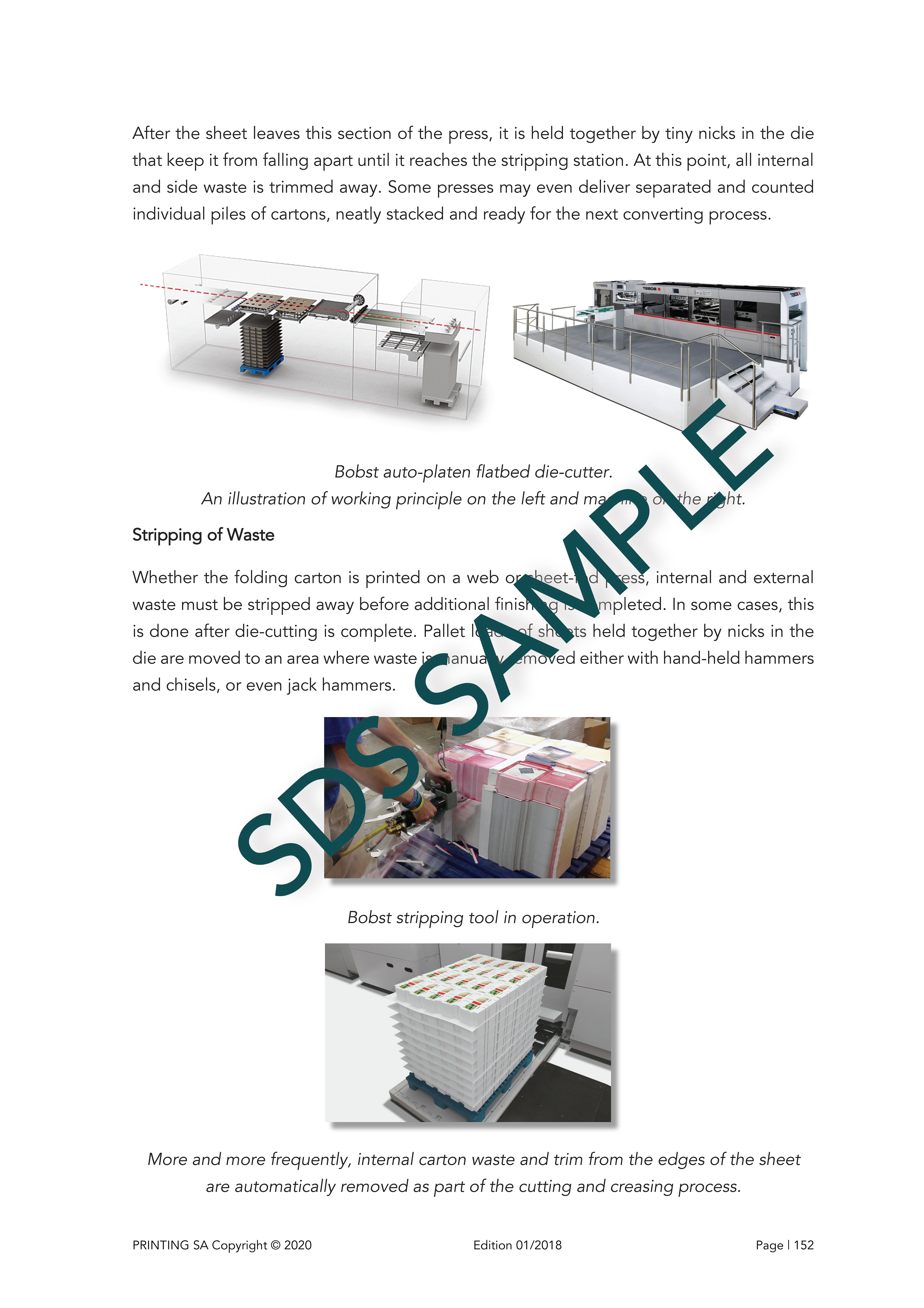
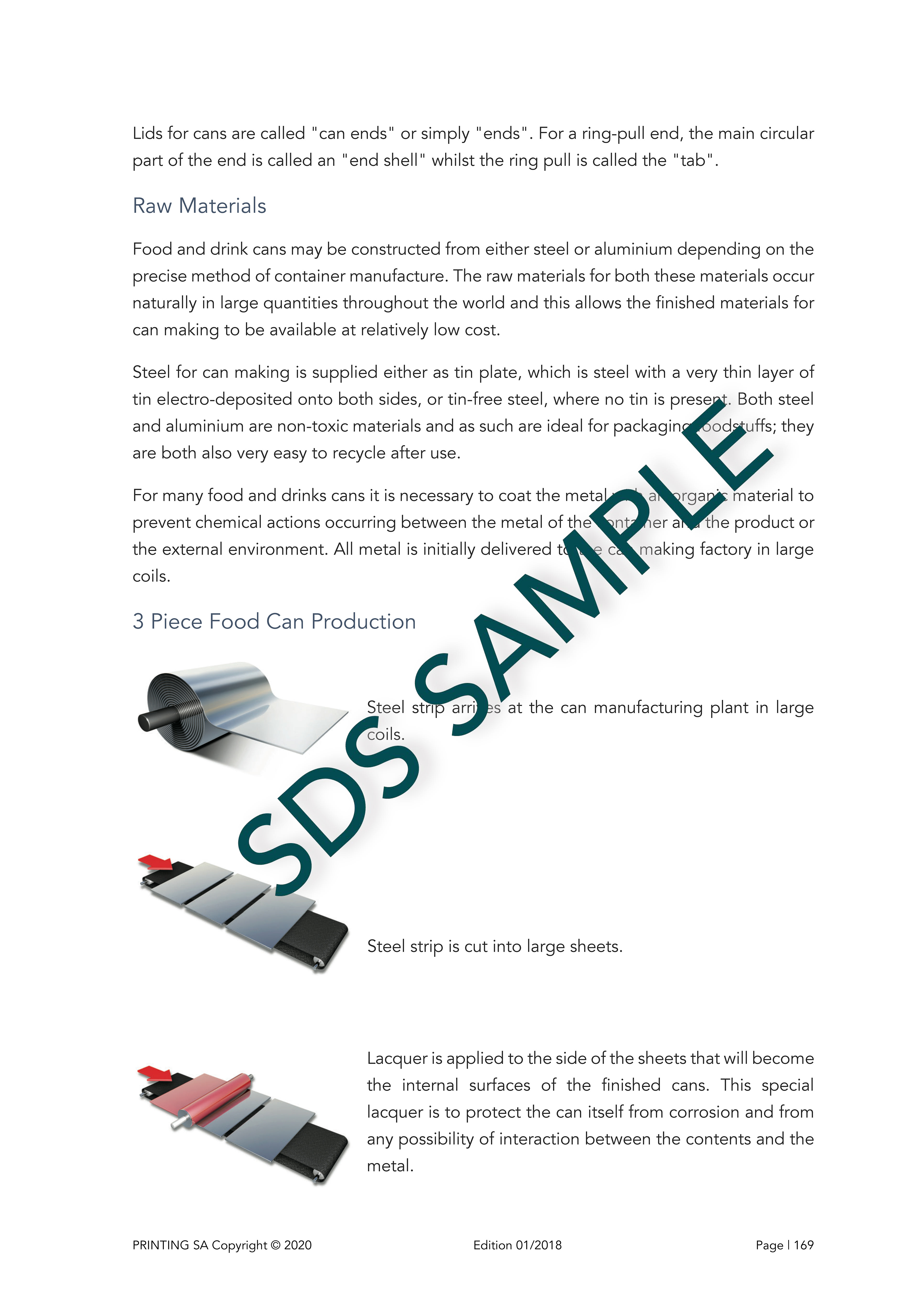
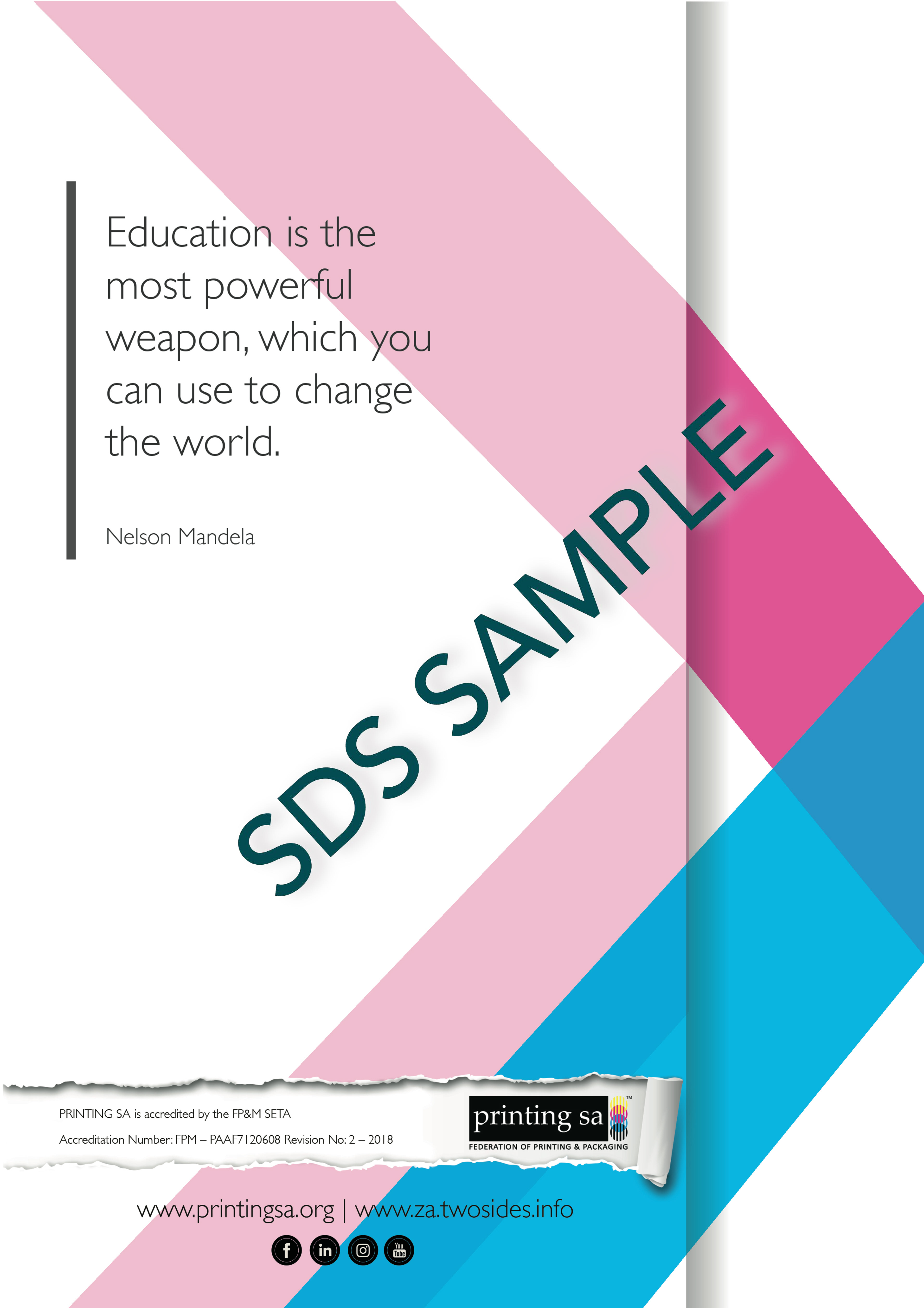
Development of Practical Skills Component
The practical component covers the practical skills that learners need to gain in order to perform the tasks identified in the occupational competency profile and/or the curriculum outcomes and assessment criteria.
The purpose of practical skills training is to develop the needed skills to perform tasks safely and accurately in the actual working environment, so as not to cause damage to people, equipment, systems and the business.
Practical skills training instruments include practical activities, assignments, briefs and a Skills Development Solutions favourite: Standard Operating Procedures. Our proprietary SOP templates include: procedural steps; dangerous and critical components; time allowances; as well as product quality and tolerances. These SOPs become a critical training tool but are often deployed in companies as part of their ISO documentation.
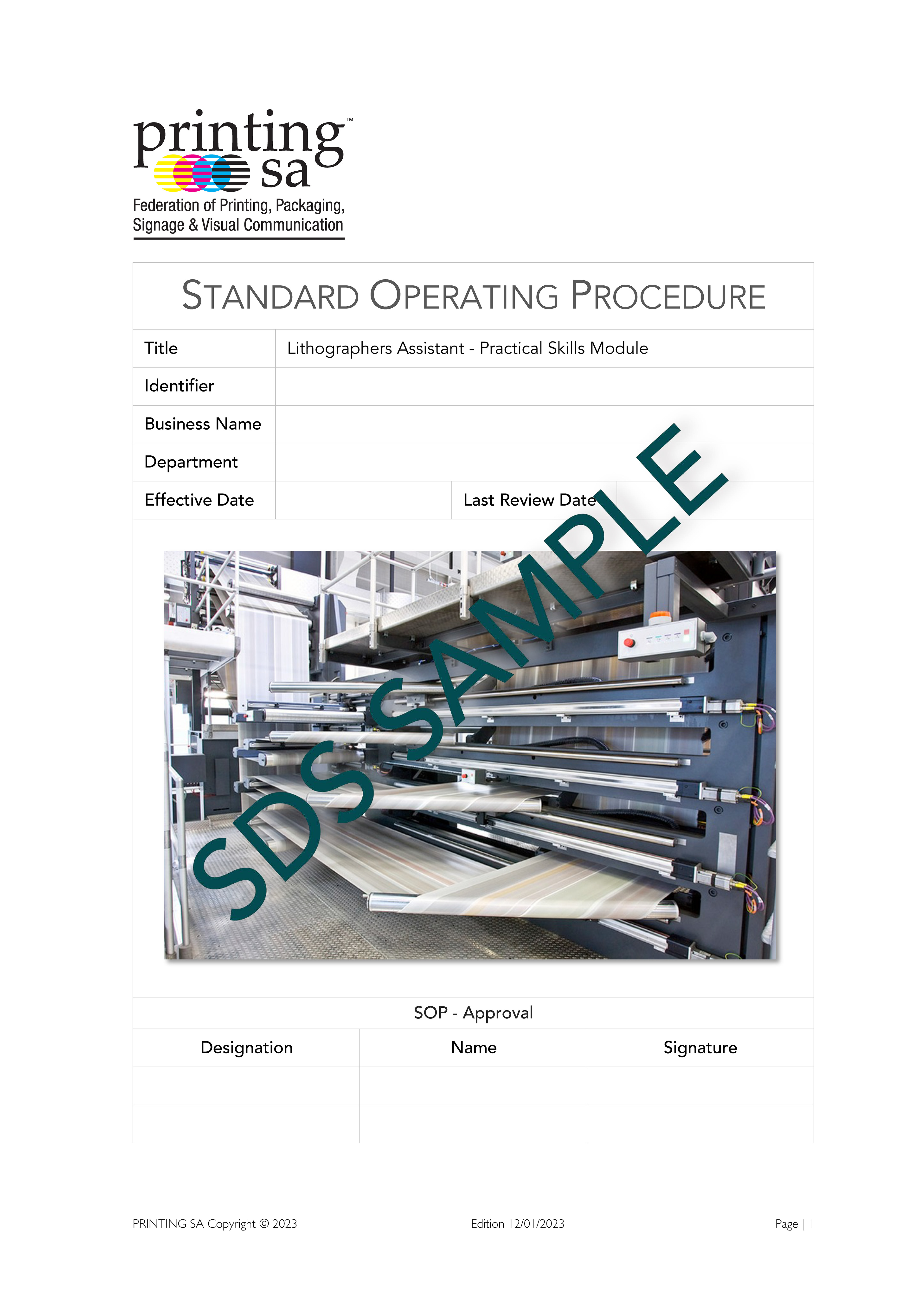
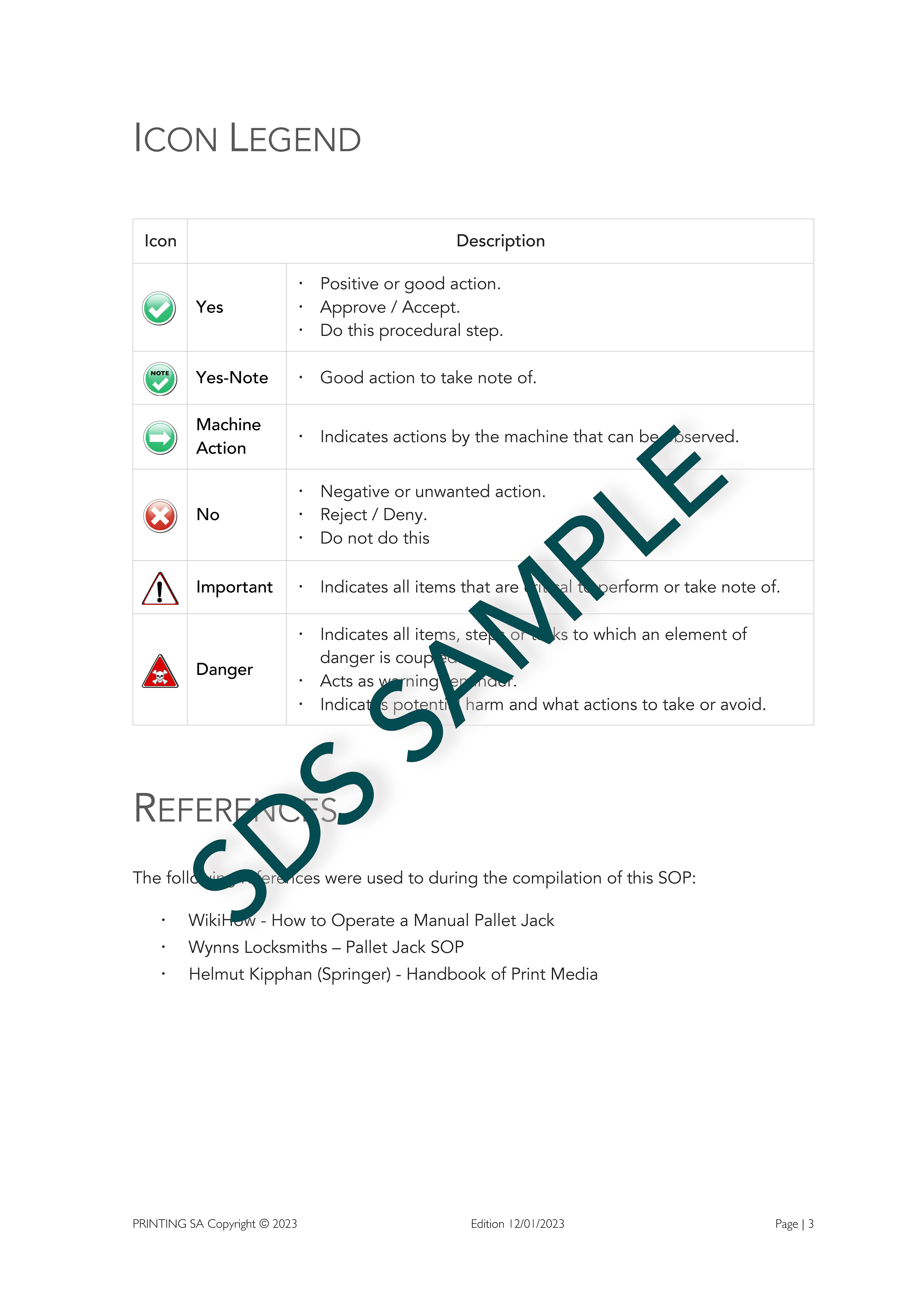
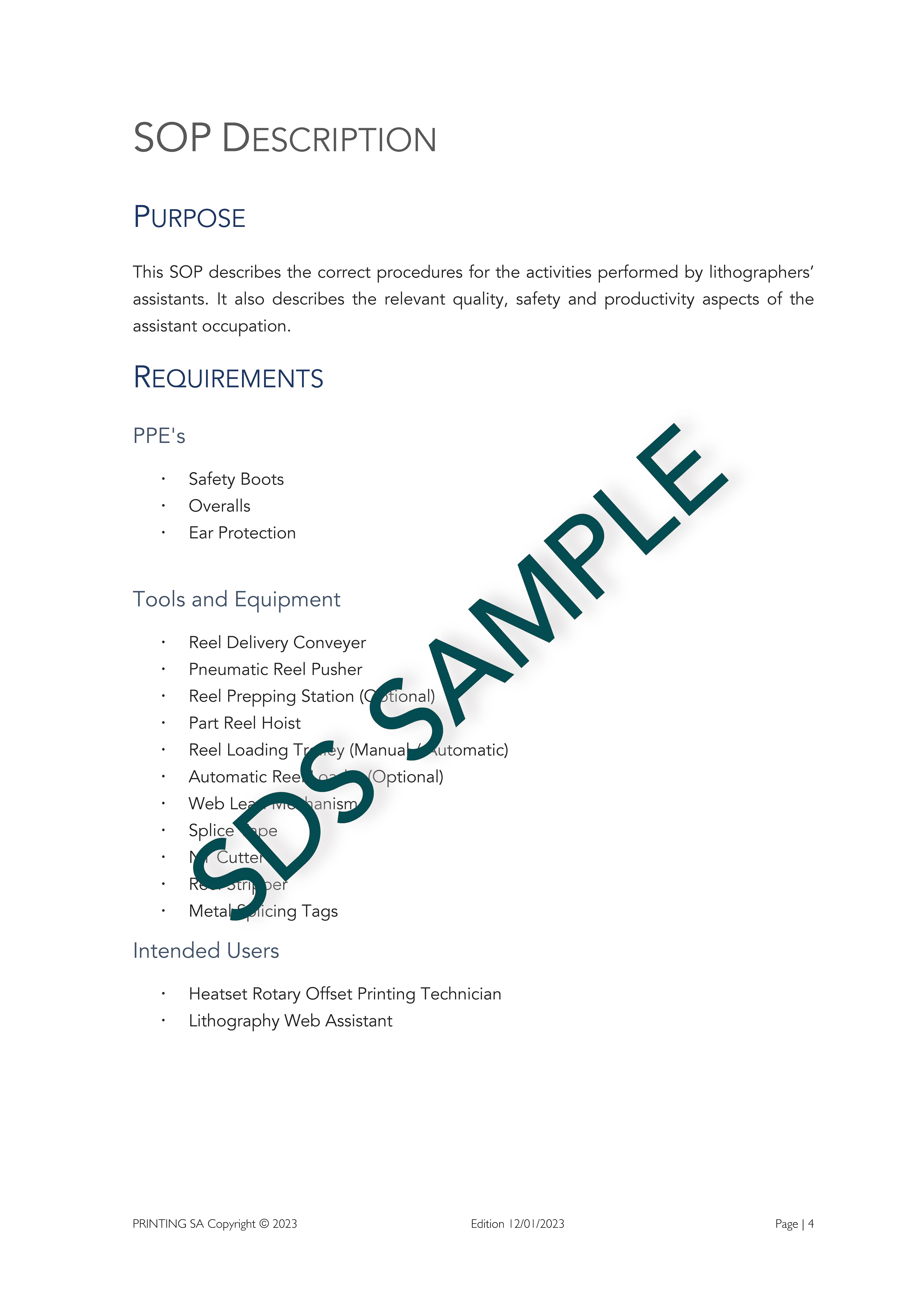
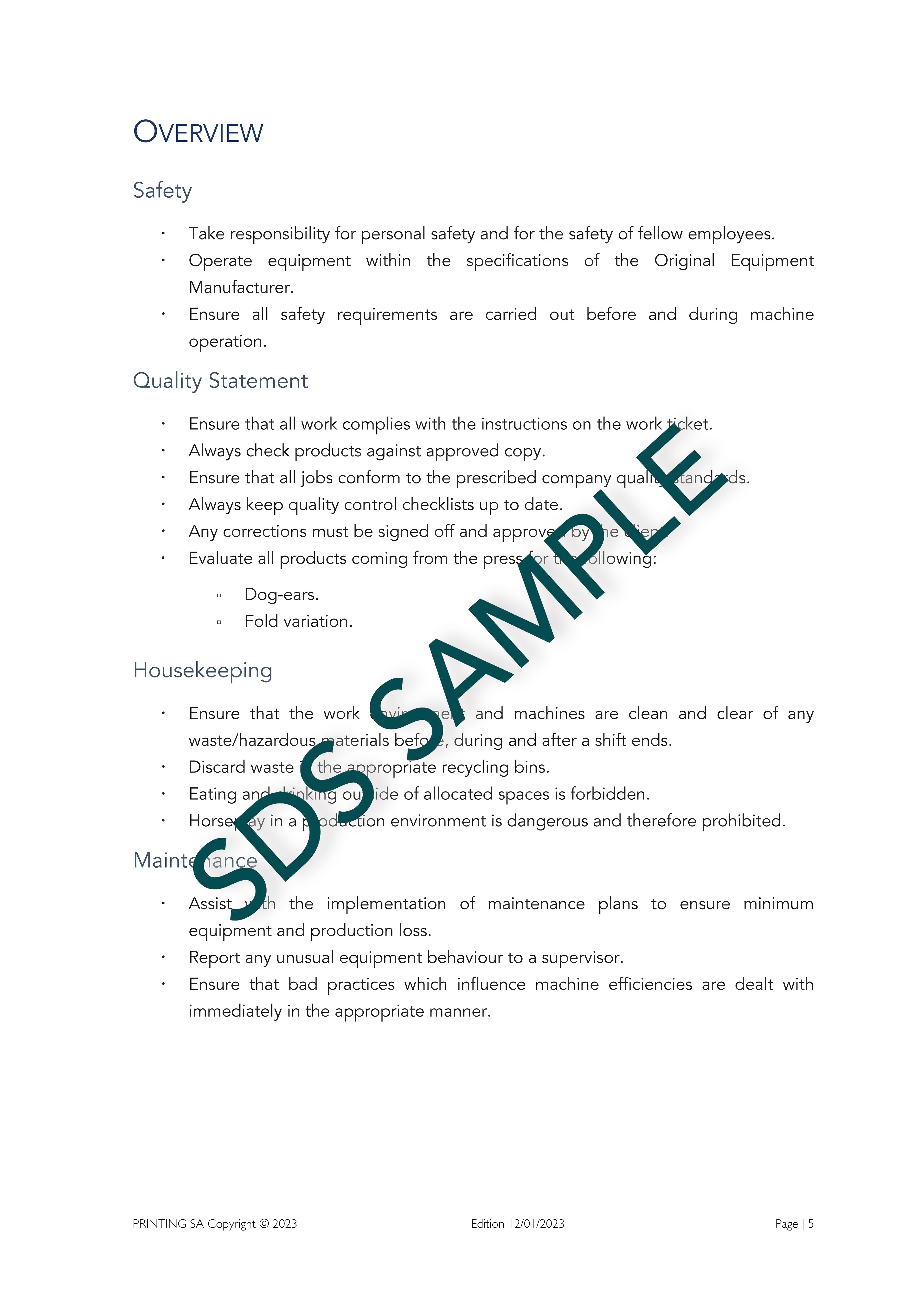
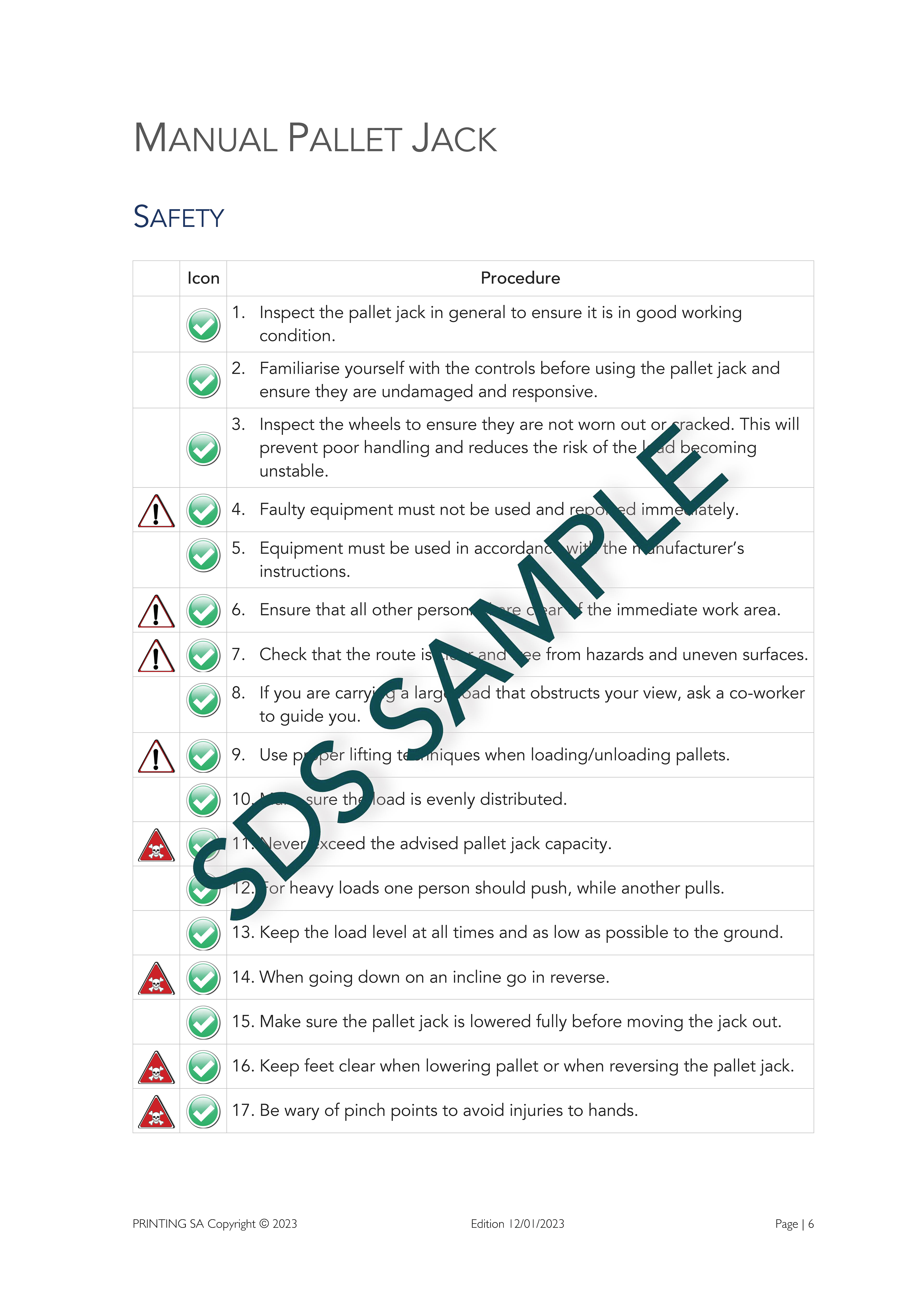
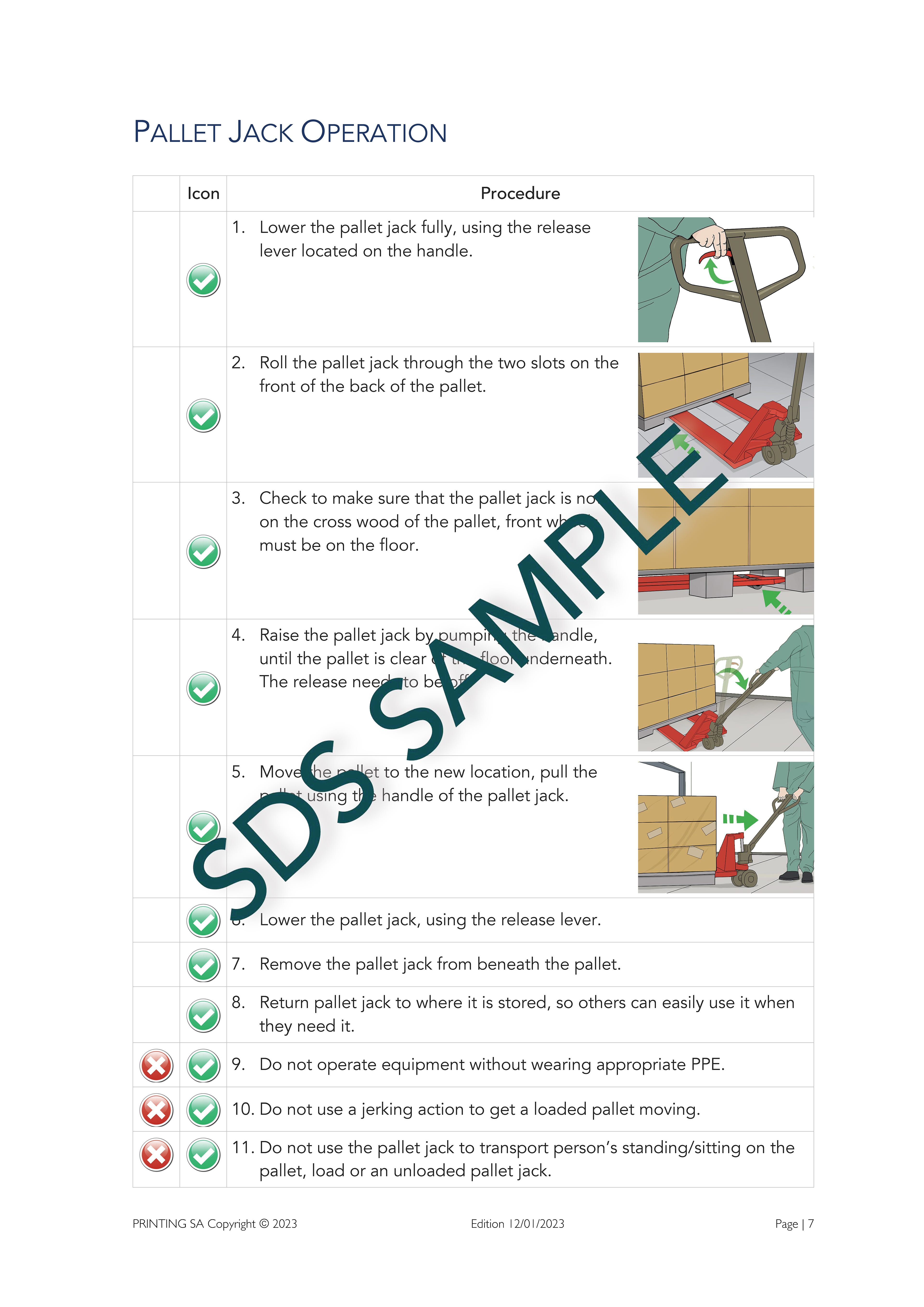
Development of Workplace Experience Component
A work experience module developed by Skills Development Solutions focuses on the learners ability to integrate applied knowledge and practical skills in real workplace situations.
This means that learners must perform competently under workplace production pressure, while still maintaining product quality and quantities, productivity, and waste efficiencies.
The instruments developed by SDS for this competency component include learner logbooks and internship guides.
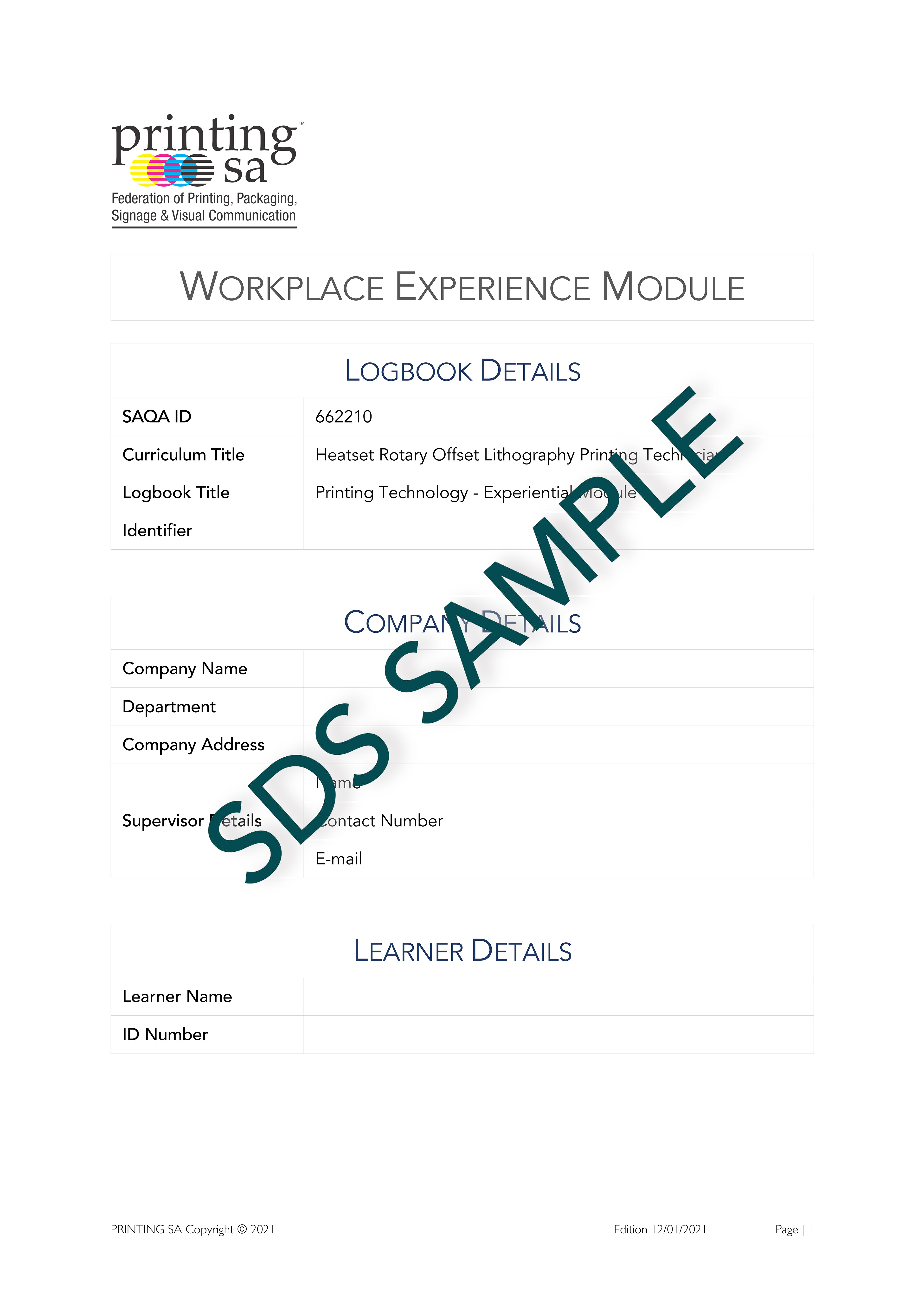
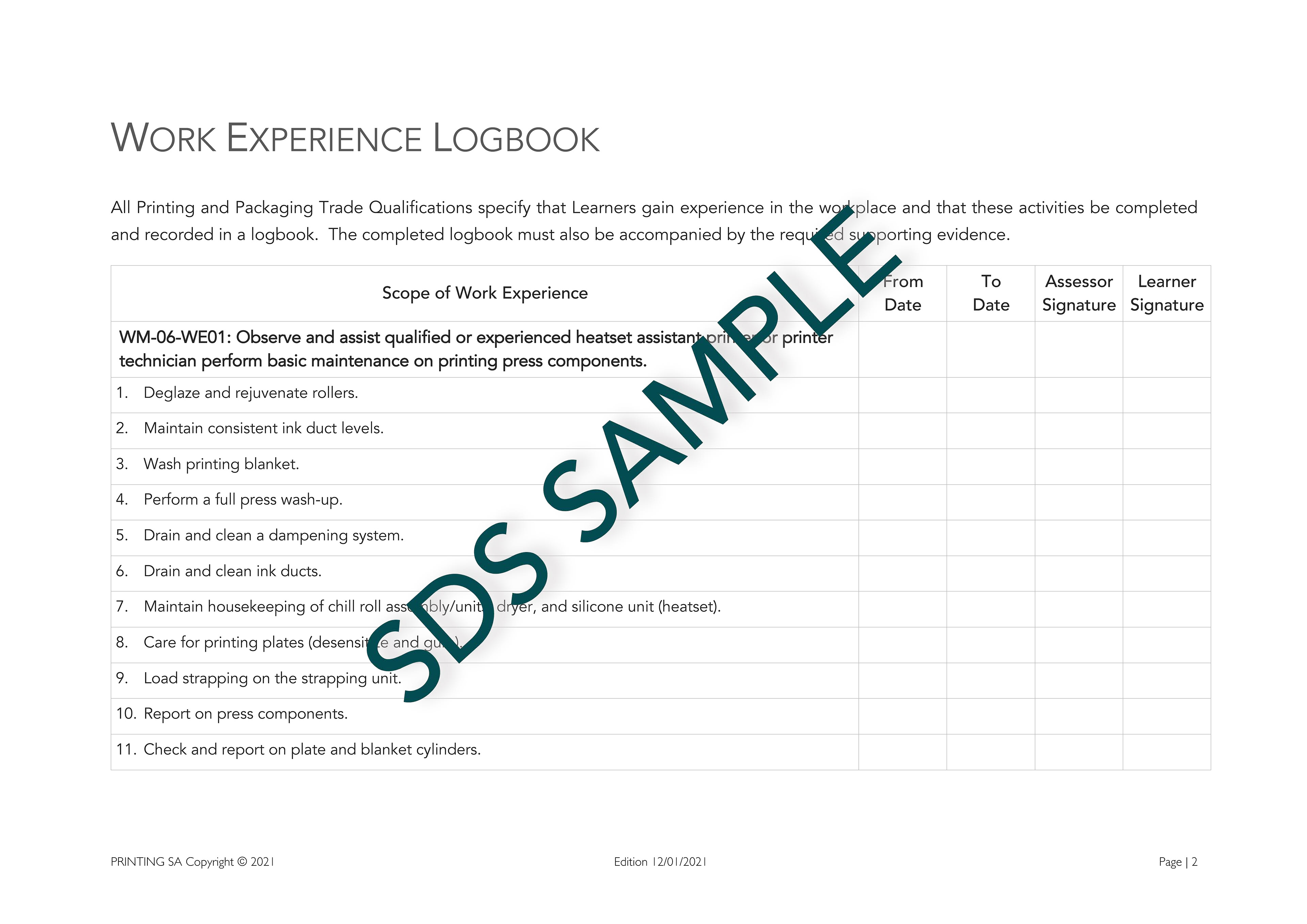
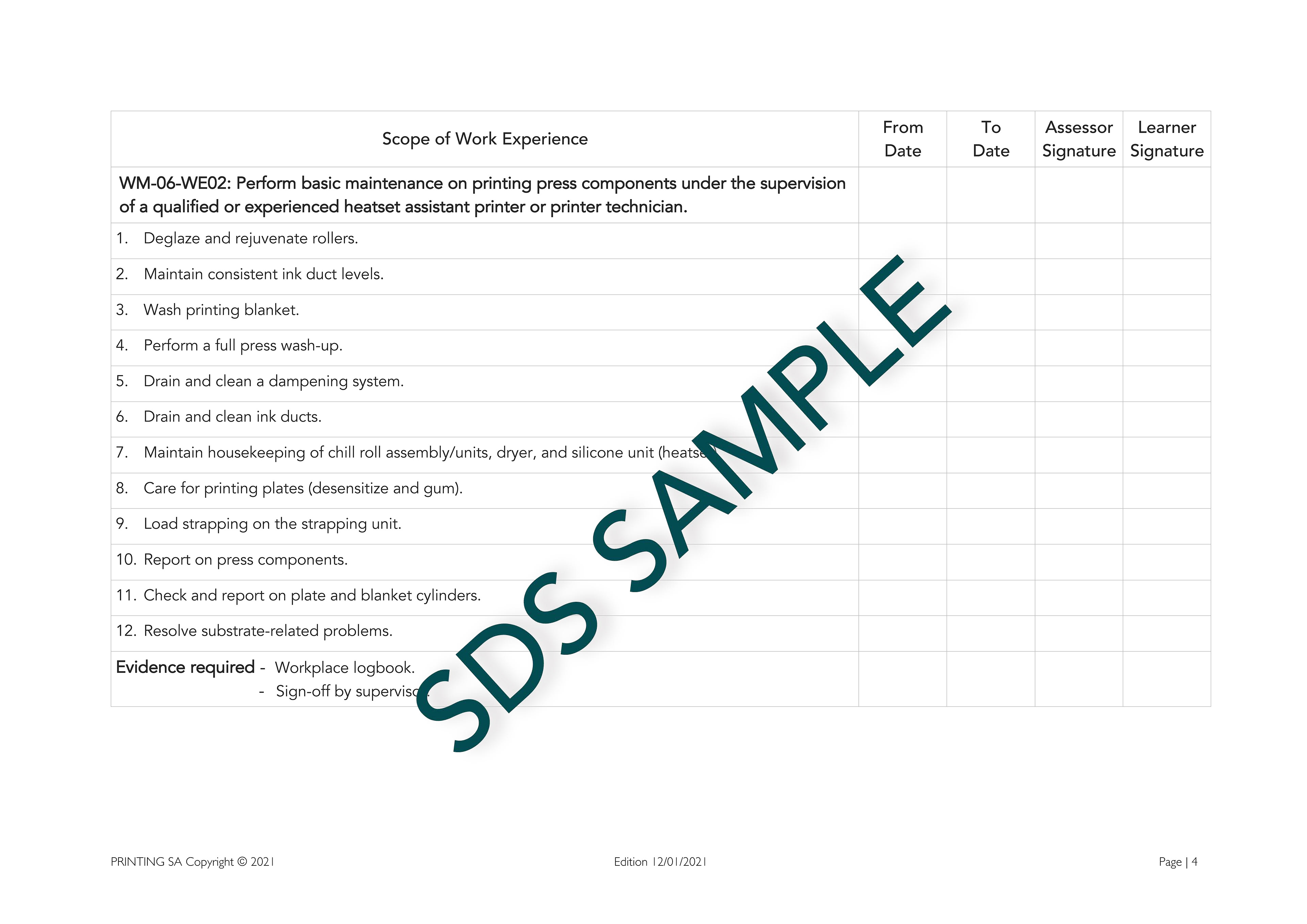
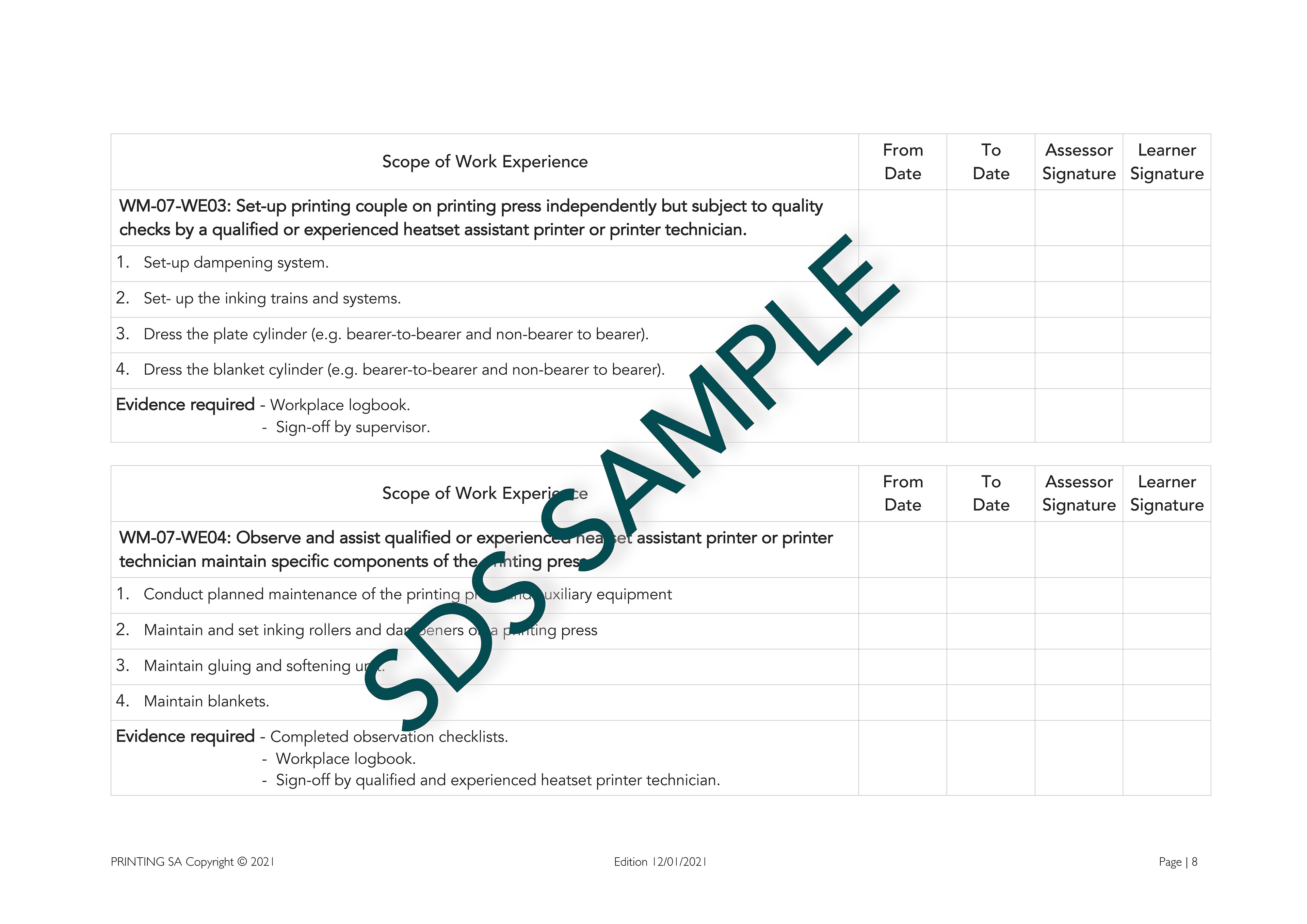
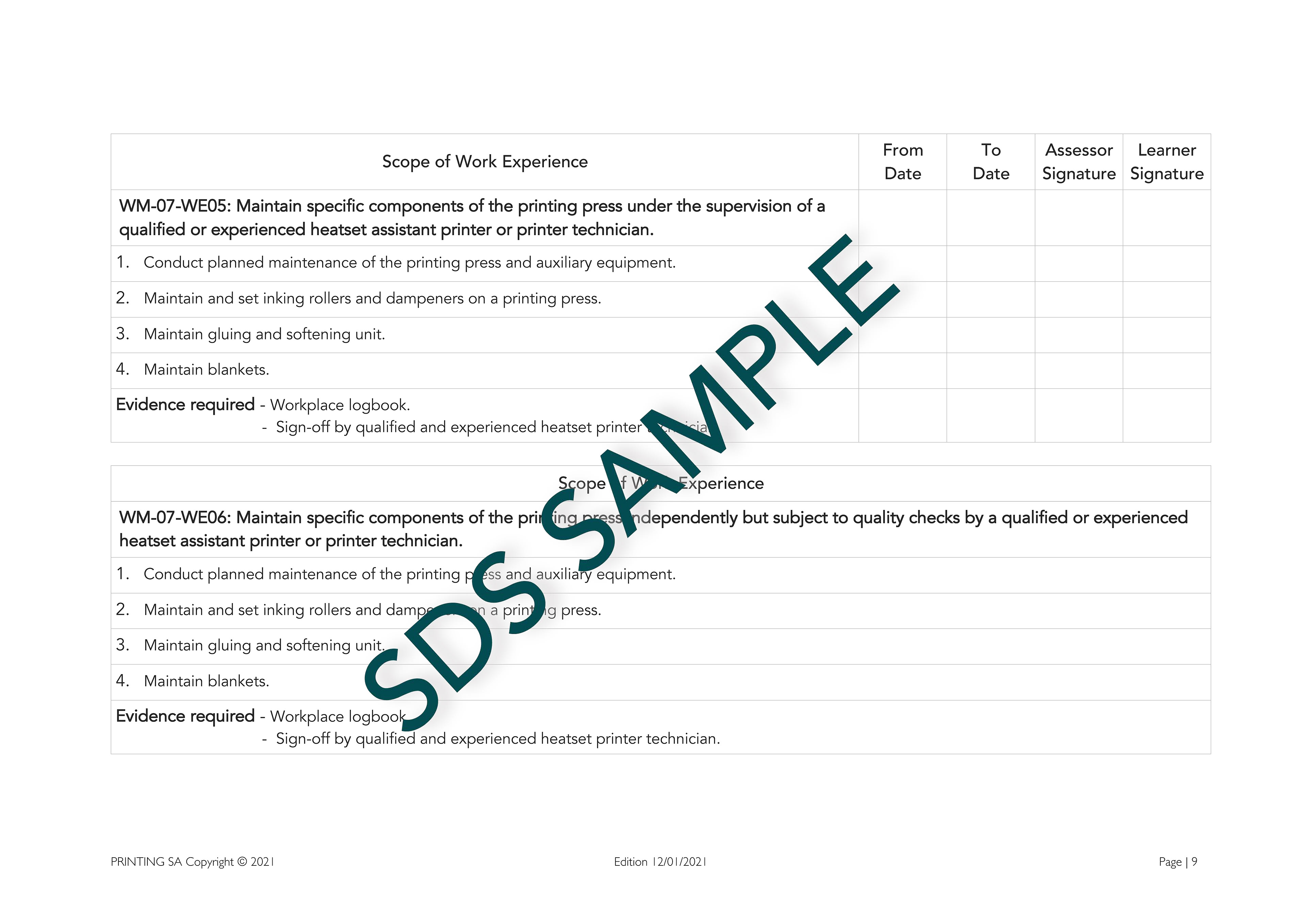
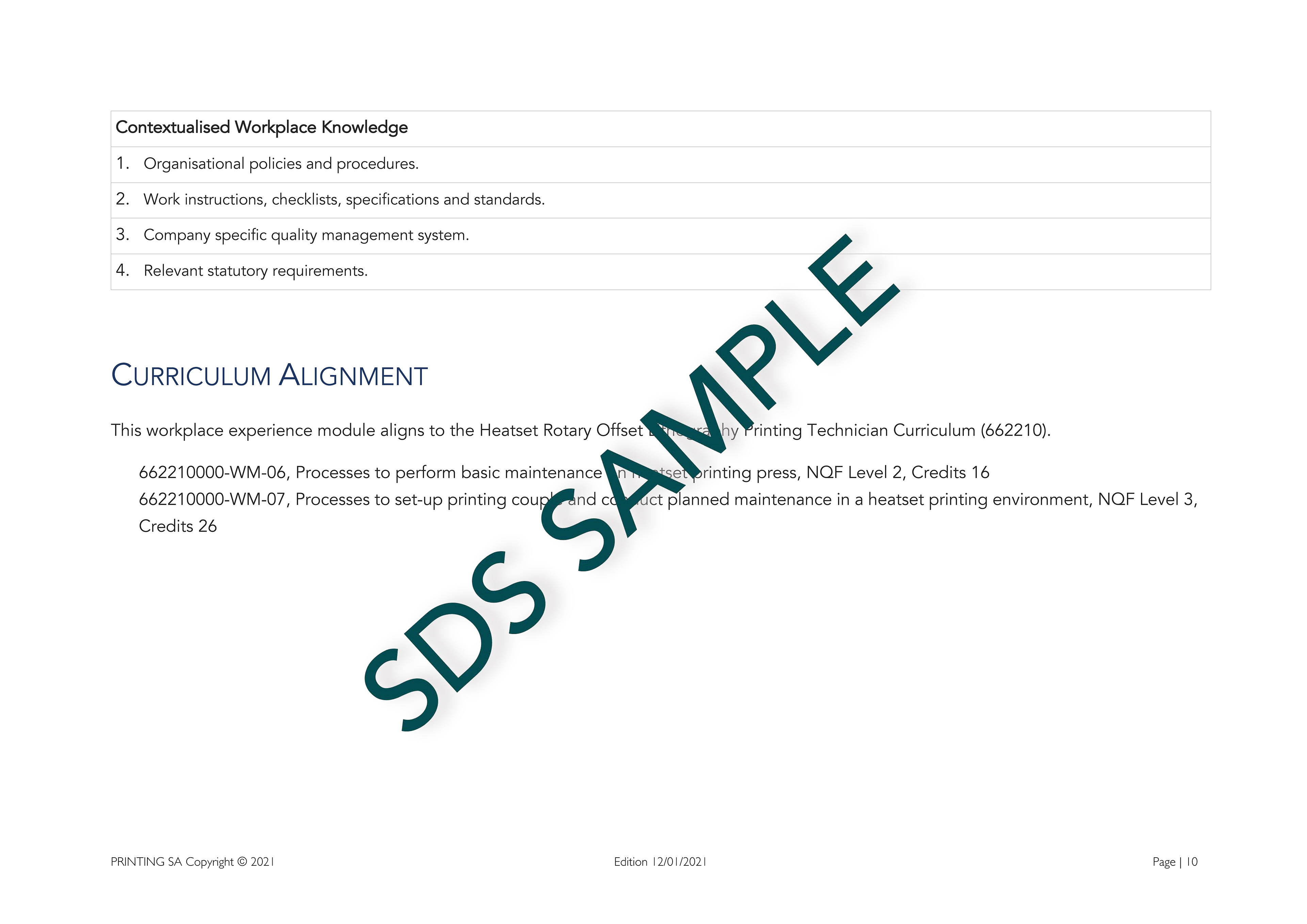
Development of Assessment Instruments
All learning materials, whether theoretical or practical, include assessment instruments. At Skills Development Solutions we ensure that the assessment instruments are level appropriate, fair, and that they meet all the requirements for accreditation.
Assessments for eLearning programmes are built into the courses.
The LMS will mark and immediately provide customised feedback to learners. Learner certification can also be managed by the LMS to create a seamless online experience.
The LMS will mark and immediately provide customised feedback to learners. Learner certification can also be managed by the LMS to create a seamless online experience.




